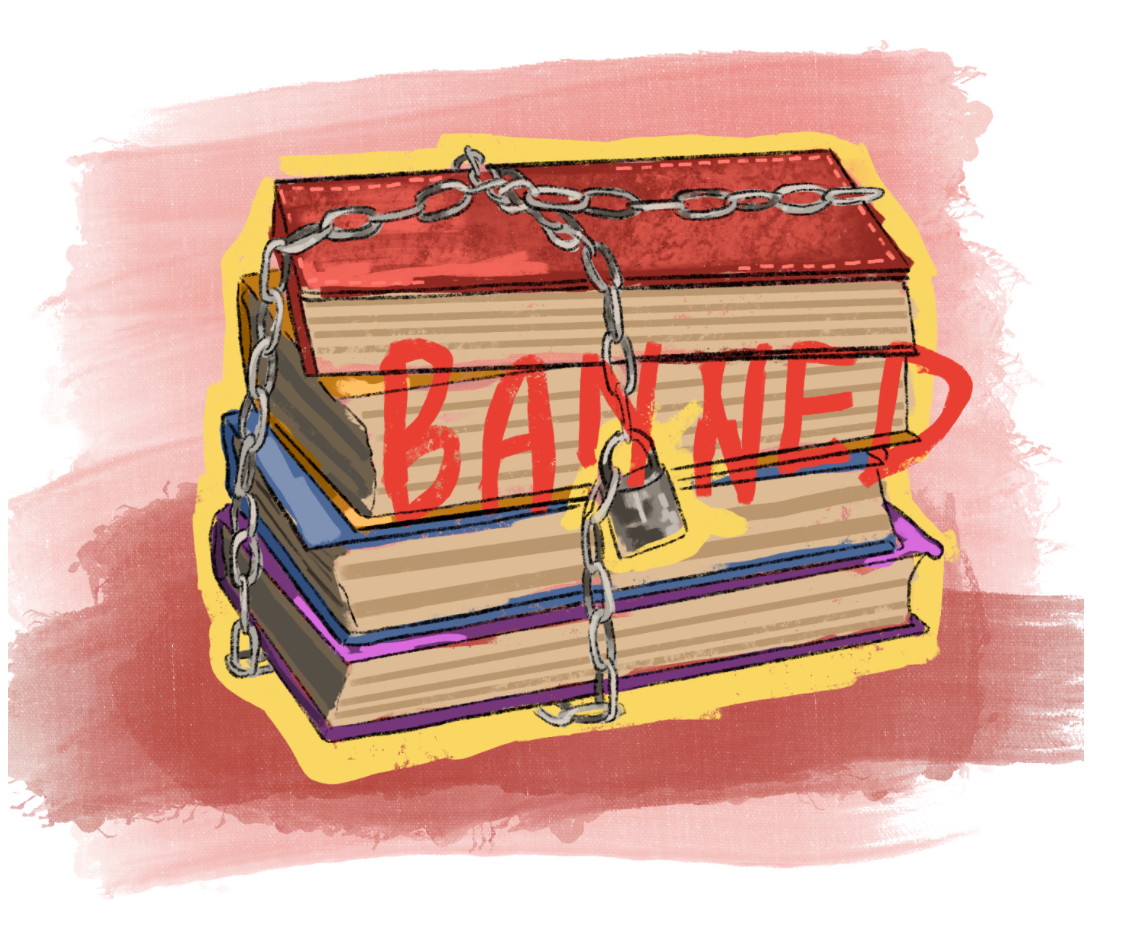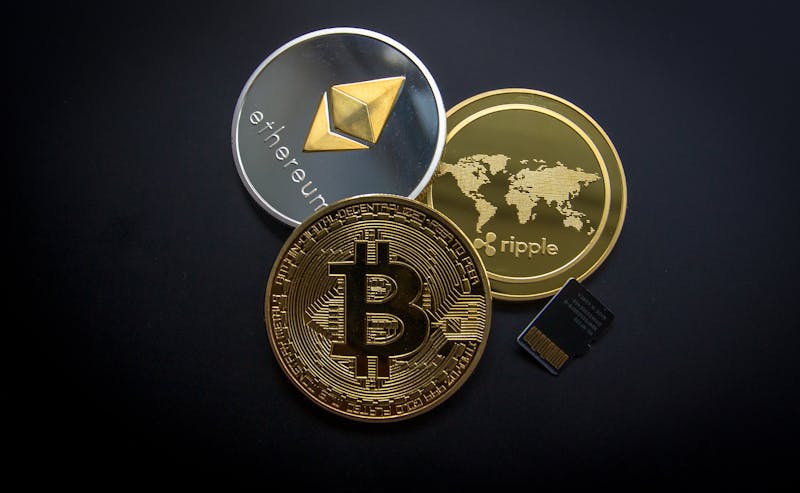Lately, a new pandemic has joined COVID-19 in sweeping the nation: book banning. While Florida is definitely at the epicenter of book censorship (see “Trouble in the Sunshine State”), this problem is not unique. In a 2023 article published by the American Library Association, it states that in 2022, there were over 1,200 demands for censorship across the nation. In addition to Florida, the chief offending states include Texas, Missouri, Utah, and Pennsylvania.
PEN America, an organization that stands at the intersection of literature and human rights to protect free expression in the United States and worldwide, determined that the leading causes of censorship were: violence, health and wellbeing, grief and death, characters of color and racism, and LGBTQ+ themes.
Banned books, such as Gender Queer by Maia Kobabe and Flamer by Mike Curato, do not aim to offend. They simply attempt to portray the reality of living in a world filled with hate. The censorship of these books only proves the points the authors make: when so many are willing to turn a blind eye to the world’s darkness, it is permitted to thrive. In fact, the almost quintupling of bans on books from 2018 to 2022 corresponds with a rise in hate crimes in schools. According to the FBI, during this time hate crimes nearly doubled, with the main targets being Black students, followed by LGBTQ+ and Jewish students. The link between these two events cannot be ignored. Books allow students to expand their worldview past their own lived experiences. Limiting access causes ignorance, one of the main factors of hatred.
What will it take for this country to acknowledge the damage that can be done from this type of censorship? Children will grow up without reading perspectives that challenge their own, without being exposed to opposition or challenge. It is impossible to grow without being challenged. If we continue along the path we are on, we are doomed to remain confined to boxes of our own creation.
The Free Speech Center writes that advocates for censorship are concerned that the readers of a book can be swayed by its contents, but books do not create minions, they share ideas and experiences. If a belief is so weak that the ideas offered by a single book are enough to upend it, then it did not have any semblance of proper foundations in the first place – the child was simply told what to think and not why. This tends to foster a cycle of negativity in the country. Parents often guide their children to feel uncomfortable with things that are different, which can contribute to the cycle of hatred in the country. Is it so wrong for a writer to challenge bigotry, to attempt to make a reader understand even a sliver of the pain they have experienced?
Keeping new ideas out of reach is not protecting children, it’s harming them. The world is not filled with cookie-cutters, but with a variety of people with their own stories to tell. It is this that makes us unique. Sooner or later, children should be exposed to ideas that they have not previously encountered. While this exposure could sway them from their original beliefs, it could also potentially strengthen their connection to what they first thought. Either way, they will be better for the opportunity.
It is foolish for us to think that this focus on censorship will pass, and it is harmful to look at states where this is happening, scoff, and turn away. Hatred is a disease, and if we do not fight it, it will spread until it consumes us all. We must be willing to take action against prejudice, to speak out against injustice. Otherwise, we will end up in our very own dystopia.






